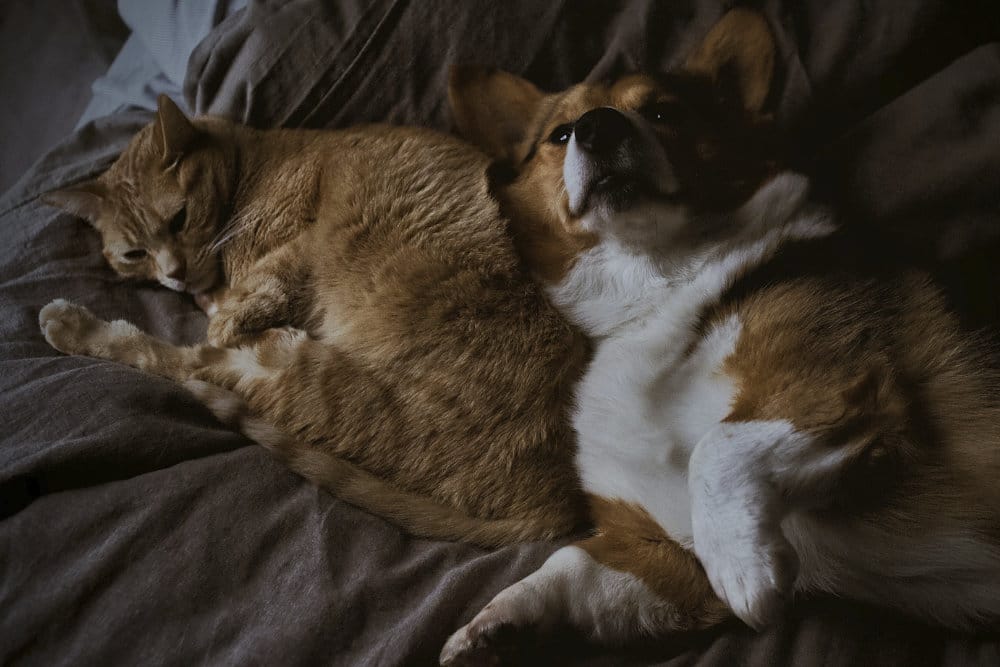Believe it or not, animals, like humans, have a natural biological instinct for how much they need to eat and when it’s time to stop eating. But this mechanism can easily be turned off if your pet gets used to overfeeding or snacking. After all, when that adorable face is staring up at you, begging for yet another treat, or for more food at mealtime, it’s hard to say a firm “No” to such cuteness! At Anasazi Animal Clinic, we’ve seen how pet obesity affects animals, and we want to help you help your pet.
When your pet puts on a few extra pounds it can seem insignificant, but if the habit continues you may have a larger problem at hand. The Association for Pet Obesity Prevention (APOP) estimates that 59% of cats and 54% of dogs in the U.S. are overweight or obese. That is a staggering statistic.
What are the Potential Consequences?
Here is what PetMD says about the sobering reality of what your pet might suffer if you allow his/her weight to increase beyond healthy levels.
- Exercise intolerance – decreased stamina
- Respiratory compromise (difficulty breathing)
- Heat intolerance
- Hypertension (high blood pressure)
- Diabetes or insulin resistance
- Liver disease or dysfunction
- Osteoarthritis
- Lowered immune system function
- Increased risk of developing malignant tumors (cancer)
But there is Hope!
The good news is, if caught early enough, many of the effects of obesity can be reversed through dietary changes and intentional exercise. We know you want a healthy pet and preventative care is the best way to achieve that goal.
If you’re not sure of your pet’s ideal weight range or necessary caloric intake, contact us today and schedule a visit for your pup or feline.

